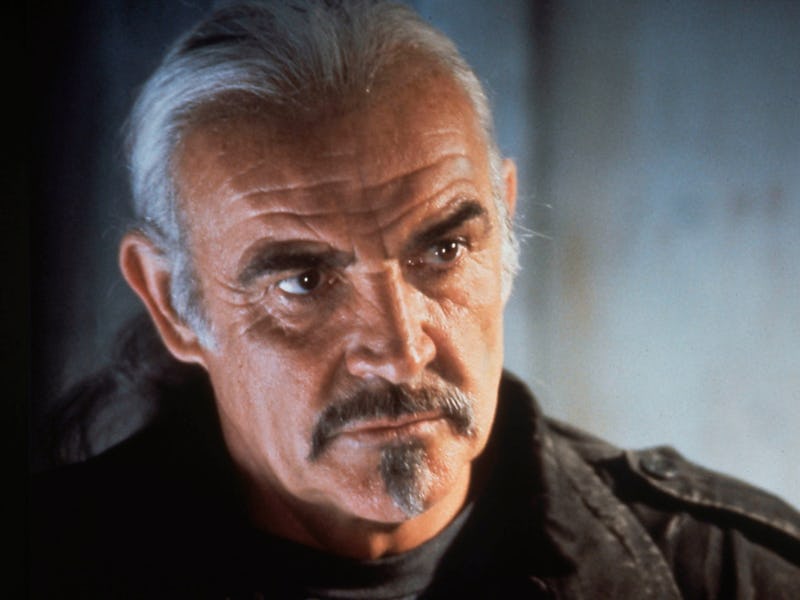Chad Stahelski’s Highlander Reboot Should Bring Back Its Most Controversial Idea
The new Highlander will likely be great. But let’s keep this series weird, shall we?

There can be only one! Well, in the vast and downright kooky continuity of the Highlander franchise, the various inconsistencies in the basic rules of the fictional universe are so hilariously extreme, that the battle cry of singularity — that there can be only one immortal left standing — is rendered untrue so often that it’s a punchline. Imagine if you did not have to catch them all in Pokemon, and you’d have an idea of just how strangely paradoxical the Highlander franchise can be.
And now, those sword-swinging immortals are set to make a comeback very soon. Starring Henry Cavill — probably as a new version of Connor MacLeod — director Chad Stahelski is set to get a new Highlander reboot movie. According to The Hollywood Reporter, “Chad Stahelski is finally making his long-gestating Highlander movie. The director has been developing the project since 2016, and now has set it as his next film.” While we don’t know exactly what form this reboot will take, Stahelski’s excellent work on the John Wick films should mean a fresh and exciting take on Highlander.
But, will Stahelski return to the gritty minimalism of the original 1986 Highlander, embrace the more crowded world of the 1992 TV series, or... will he dare to do the unthinkable, and retain the most controversial idea in the entire franchise? While this is certainly a minority opinion, it’s possible that Stahelski could and should bring back the zaniest idea of all: the idea that the immortals are actually aliens.
Christopher Lambert in 1986. But WHY can there be only one?
The original cut of the 1991 film Highlander 2: The Quickening retroactively established that the immortals originated on a distant Dune-like planet called Zeist, and once they came to Earth, they lost some of their memories. This allowed Connor (Christopher Lambert) and his mentor, Ramírez (Sean Connery), to have flashbacks that somehow pre-dated their “first” meeting in the original film. (Kind of like the Cylons having repressed memories of another version of Earth in Battlestar Galactica.) While nobody really likes the idea of immortals having repressed memories, the idea that the immortals in Highlander are aliens could work.
Hear me out. One of the biggest challenges of any version of Highlander is that the internal world-building makes close to zero sense. Immortals can’t fight on holy ground and, like Jedi, can sometimes sense each other, making them pseudo-telepathic. They’re also able to absorb the power of another slain immortal, but how that actually works or what is meant by “power” is vague. All we know is that it involves a lot of yelling and random damage to public property. Biologically, none of this makes sense.
However, the idea that the immortals are not of this Earth is a starting point toward some modicum of sanity. Because in the absence of a sci-fi-ish origin story, the rules of the Highlander immortals can only be described as magic. And, unlike Lord of the Rings or The Magicians, the nitty-gritty magic system of Highlander is nonexistent.
Does this mean the reboot should copy Highlander 2 and have them be straight up from Zeist? No way! But, what about an alternate dimension? Or a planet that was the first birthplace of humanity?
The immortals of Highlander may not even need to know where they come from or why, but it would be nice if that somewhere, buried underneath all the swords and (hopefully) excellent glam-rock music, some kind of sci-fi explanation was lurking. We may not even need to know the mystery of their origin at first. If Stahelski builds out a new Highlander franchise, then perhaps the answer to the mysterious origin of the immortals could become even more intriguing than figuring out which one will be the last one standing. Immortals who behead people to stay alive are interesting, for sure. But finding out why they became that way could be even better.
The original Highlander is streaming on Pluto TV. Highlander 2 is on Tubi.
This article was originally published on